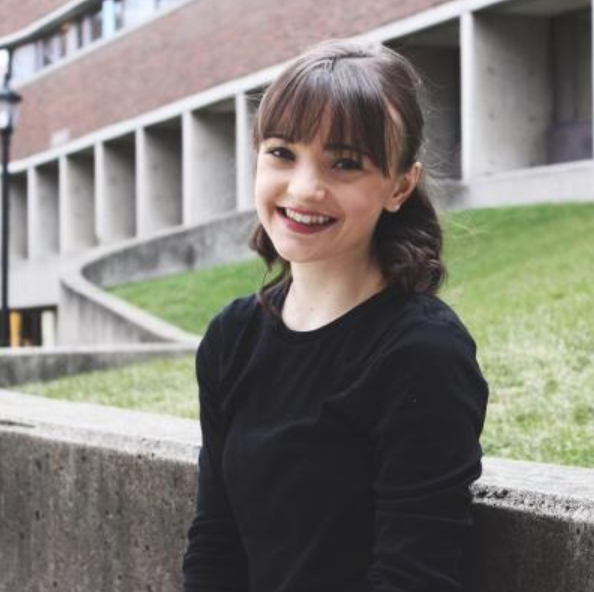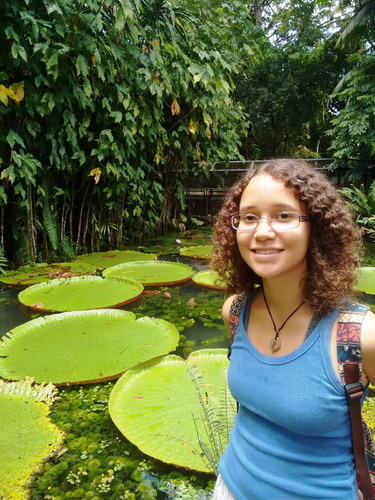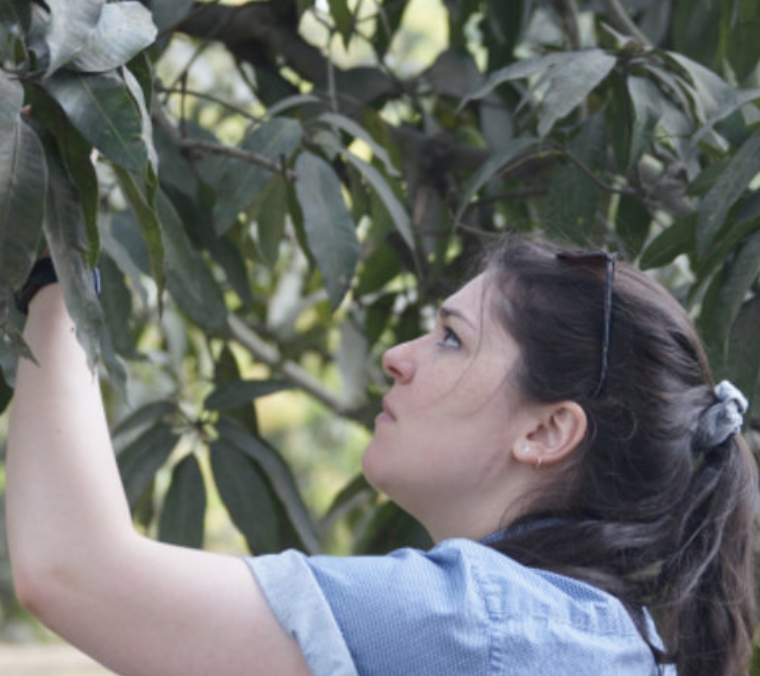Equity, diversity and inclusion:
How we can work towards a fairer academic environment
Background information
We use biodiversity as an index for environmental health, yet when looking at the different fields in biodiversity science, equity and inclusion are still lacking. In this workshop, we will debate the challenges we need to address to make academia a healthier and fairer environment as it becomes more inclusive to underrepresented groups. All participants are invited to share their thoughts along the workshop, as well as what they expect of the QCBS diversity policy, which is currently being debated by a student committee.
Date
December 19th 3:30pm – 5:30pm
This workshop will be divided in two parts. An etherpad has been set up so that all participants can take communal notes (see resources).
Part 1 – Invited speaker
Part 1 consists of Madeleine Peter’s talk. She is a co-organizer for the Symposium for Women Entering Ecology & Evolution Today (SWEEET) and presented the SWEEET 2019 workshop, titled ”Gaining Insight, Taking Action: Recognizing, Learning from and Acting on our Unintended Impacts”. As such, she is here to talk to us about EDI.

Madeline Peters
U. of Toronto
Madeline Peters is a Top Doctoral Fellow and PhD Candidate in the Faculty of Arts and Science at the University of Toronto, where she has been a graduate student since 2017. She is an evolutionary biologist, who addresses questions about malaria parasite evolution using mathematical, computational and population genetic approaches. Since 2014, Madeline has worked in a number of roles in student and residence life at the University of Toronto, during which she has focused on helping undergraduate students integrate into a university environment and navigate the various formal and informal resources (as well as systemic barriers) on campus and within the Toronto area.
Part 2 – Question-Driven Discussion
The discussion will be centered around the following four topics:
How to approach variable situations commonly emerging in environments open to diversification
- New student in your department who is having trouble to integrate due to the language/cultural barrier. What could you/your department/QCBS do to prevent this person to feel isolated?
- Someone from your lab or department is suffering bullying/discrimination due to their identity. What could you/your department/QCBS do to help this person?
- How could we as a community work together to integrate different cultures? Think about strategies that could be taken at the individual, lab/department and QCBS level.
Barriers and discrimination issues: What are they and what can we do?
- Which kind of barriers do visible minorities, such as BIPOC (Black, Indigineous and People of colour), may encounter to integrate and access resources at your lab/university/department/QCBS? What do you think visible minorities lack the most in terms of support?
- How do you see QCBS acting in terms of addressing their needs? Can you name examples of strategies you think worked well in any lab/department/university to avoid issues with discrimination to BIPOC? What would we need to make academia a more welcome place?
- Which kind of barriers do LGBTQ+ people may encounter to integrate and access resources at your lab/university/department/QCBS? What do you think LGBTQ+ lack the most in terms of support?
- How do you see QCBS acting in terms of addressing their needs? Can you name examples of strategies you think worked well in any lab/department/university? What would we need to make academia a more welcome place?
- Which kind of barriers do parents and pregnant woman may encounter to integrate and access resources at your lab/university/department/QCBS? What do you think they lack the most in terms of support?
- How do you see QCBS acting in terms of addressing their needs? Can you name examples of strategies you think worked well in any lab/department/university? What would we need to make academia a more welcome place?
- Which kind of barriers do immigrants may encounter to integrate and access resources at your lab/university/department/QCBS? What do you think they lack the most in terms of support?
- How do you see QCBS acting in terms of addressing their needs? Can you name examples of strategies you think worked well in any lab/department/university? What would we need to make academia a more welcome place?
- Which kind of barriers do non-native speakers of the main language in your university may encounter to integrate and access resources at your lab/university/department/QCBS? What do you think they lack the most in terms of support?
- How do you see QCBS acting in terms of addressing their needs? Can you name examples of strategies you think worked well in any lab/department/university? What would we need to make academia a more welcome place?
Brainstorming potential new QCBS activities
- What would you like QCBS to do specifically (support group, more events, guidelines around the issues etc.), how can this group help?
- How could science and social events organized by QCBS help on EDI?
- QCBS has a blog to which students and researchers can send non-scientific articles, photos/art projects of their own authorship (The beagle). Can you think of ways to use the blog to promote EDI? Do you have suggestions of topics you would like to read/see in the blog?
Changes in the academic system
- How do you see the need of a training on EDI related issues (e.g. to detect when a student feels isolated or unmotivated because they cannot relate to anyone around them, or even to detect harassment) to PIs and lab managers? Can you think of a way that QCBS could facilitate this training?
- Are you aware of any human resources in your or other university to promote training of lab managers? If so, how does it work (online/presential, mandatory/facultative, ect) and how it could be improved? If not, how do you think it should work?
- How do you think the selection process in your department and university acts as a filter to privileged people and as a barrier to underrepresented minorities? Which changes would you suggest to make it more equitable? Do you any have positive examples of initiatives that worked?
- How you think the path and duties of grad students in your department acts as a filter to privileged people and as a barrier to underrepresented minorities? Which changes would you suggest to make it more equitable? Do you any have positive examples of initiatives that worked?
- What does decolonization means to you and how do you think science would benefit of it? Can you think of ways to promote the decolonization of the scientific knowledge and of the academic environment?
Resources
Organizing committee

Warren cardinal-McTeague

Naíla Barbosa da Costa
Naíla Barbosa da Costa is a PhD candidate studying the impact of glyphosate in freshwater bacteria. Born in Brazil, she came to Canada to start her PhD at the University of Montreal, and as a latin american woman in science, she feels the need to advocate for more inclusive academic spaces as she pursues her graduate studies.

Ruth schmidt

Mathilde Gaudreau
Mathilde Gaudreau is a PhD student at Université de Montréal studying how UV light environment affects the fitness and behavior of stink bug egg parasitoid wasps. She is an active member of the Biological sciences diversity committee at her university.

Shannon Meadly Dunphy
Shannon Meadley Dunphy is a PhD student at McGill University studying how host-parasite and competition dynamics shape species range limits. She is a strong advocate for more inclusive and healthier academic space through both EDI and mental health initiatives.


